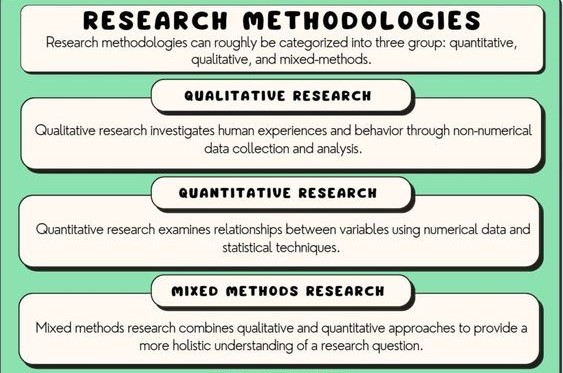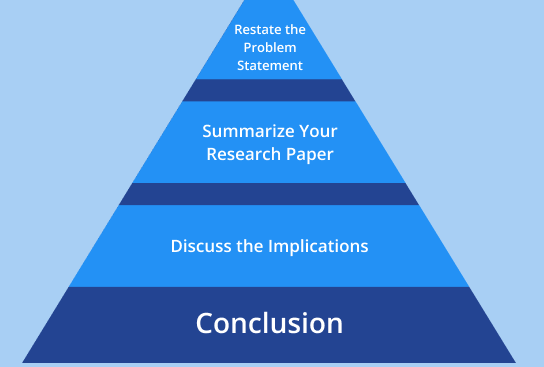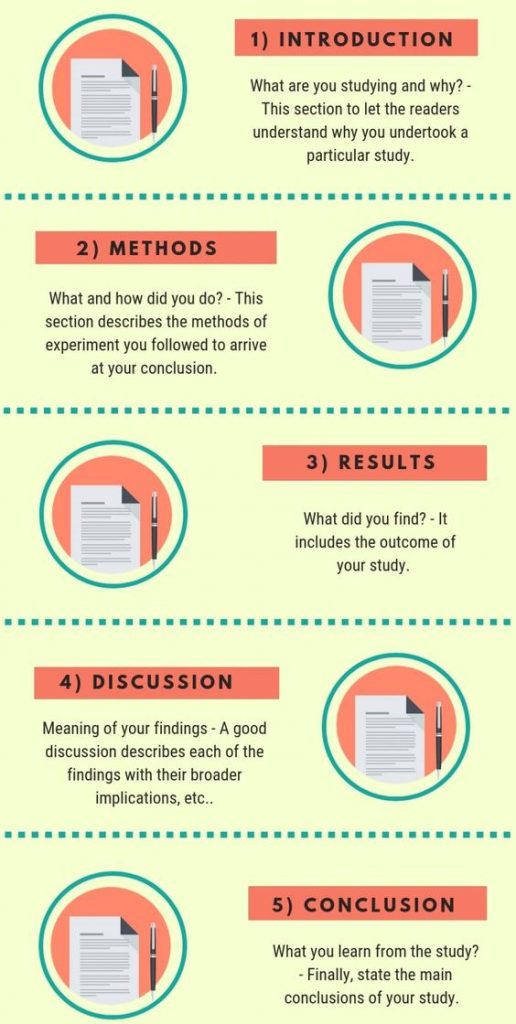
Table of Contents
The journey of a graduate student in nursing is punctuated by numerous milestones, each demanding dedication and intellectual rigor. Among these, writing a stellar nursing research paper for graduate school holds a unique significance. This paper, often the culmination of months of research, analysis, and writing, serves as a testament to your mastery of the chosen subject and your ability to contribute meaningfully to the field of nursing.
Crafting a successful nursing research paper for graduate school is not simply about assembling words on a page. It demands a deep understanding of the research process, a keen eye for detail, and the ability to present complex information in a clear and compelling manner. The path to a stellar paper is paved with meticulous planning, robust research, and a critical approach to every stage of the process.
This article provides a comprehensive guide to navigating the intricate world of nursing research paper writing for graduate school. From identifying a suitable research question to presenting your findings in a polished and impactful manner, we delve into the key steps and offer invaluable tips to help you achieve excellence in your writing.
Steps to Crafting a Nursing Research Paper for Graduate School
1. Unveiling the Research Question: The Foundation of Your Nursing Research Paper
The starting point of any successful nursing research paper for graduate school is a well-defined research question. This question acts as a compass, guiding your research journey and shaping the focus of your entire paper. It should be specific, measurable, achievable, relevant, and time-bound (SMART).
Tips for Formulating a Powerful Research Question:
- Identify a Gap: Start by exploring the existing literature in your chosen area of nursing. Look for gaps in knowledge, unresolved issues, or conflicting findings. These gaps can provide fertile ground for formulating a meaningful research question.
- Consider the Impact: Your research question should have the potential to contribute to nursing practice, policy, or education. Ask yourself: how will answering this question improve patient care, inform healthcare decisions, or advance the field of nursing?
- Seek Guidance: Don’t hesitate to consult with your faculty advisor or other experts in your field. They can provide valuable feedback on the clarity, relevance, and feasibility of your proposed research question.
2. The Quest for Knowledge: Conducting Rigorous Research
Once you have a strong research question, it’s time to embark on the journey of gathering relevant information. This involves delving into various research methodologies and data sources to build a solid foundation for your nursing research paper for graduate school.

Essential Research Methods for Nursing Papers:
- Literature Review: A comprehensive literature review is crucial for understanding the existing body of knowledge on your chosen topic. This involves identifying and critically evaluating relevant research articles, books, and other scholarly sources.
- Quantitative Research: This method relies on collecting and analyzing numerical data, often using statistical techniques to test hypotheses and draw conclusions. Surveys, experiments, and observational studies are examples of quantitative research methods.
- Qualitative Research: This approach focuses on understanding the experiences, perspectives, and meanings that individuals attach to a particular phenomenon. Techniques such as interviews, focus groups, and ethnographic observation are commonly used in qualitative research.
- Mixed Methods Research: Combining both quantitative and qualitative approaches allows you to gain a more comprehensive understanding of your research topic. This approach can provide a nuanced perspective by incorporating both numerical and narrative data.
Tips for Conducting Effective Research:
- Be Thorough: Explore a wide range of sources to ensure you have a comprehensive understanding of your chosen topic. This includes academic journals, professional organizations, government websites, and other reputable resources.
- Critically Analyze: Don’t simply accept information at face value. Evaluate the methodology, findings, and limitations of each source to assess its credibility and relevance to your research question.
- Stay Organized: Maintain detailed records of your research, including citations, notes, and data collected. This will help you synthesize information and avoid plagiarism.
3. Crafting a Compelling Narrative: Writing the Body of Your Nursing Research Paper for Graduate School
With your research complete, you’re ready to begin crafting the body of your nursing research paper for graduate school. This section should present your findings in a logical and persuasive manner, supported by evidence and analysis.
Essential Elements of the Body:
- Introduction: Briefly introduce the research topic, providing background information and highlighting the significance of your research question. Clearly state your research question and briefly outline your approach and key findings.
- Literature Review: Summarize and synthesize the key findings from your literature review, focusing on relevant studies and outlining the gaps in knowledge that your research aims to address.
- Methodology: Describe the research design, data collection methods, and data analysis techniques used in your study. Ensure that the methodology is appropriate for answering your research question and that the data collection and analysis procedures are clearly explained.
- Results: Present your findings in a clear and concise manner, using tables, figures, and text to illustrate your data. Avoid unnecessary jargon and technical language that may confuse the reader.
- Discussion: Interpret and analyze your results, drawing connections to existing literature and addressing the implications of your findings for nursing practice, policy, or education. Discuss the limitations of your study and suggest future directions for research.
Tips for Effective Writing:
- Clarity and Conciseness: Use precise language and avoid unnecessary jargon. Keep your sentences concise and to the point.
- Logical Flow: Ensure that your ideas flow seamlessly from one paragraph to the next, creating a coherent narrative that guides the reader through your research.
- Evidence-Based Argument: Support your claims with evidence from your research findings and relevant literature. Use citations to give credit to the sources of your information.
- Critical Thinking: Analyze your findings and draw insightful conclusions. Don’t simply report your results; discuss their meaning and significance for the field of nursing.

4. The Finishing Touches: Editing, Proofreading, and Formatting
After meticulously crafting the body of your nursing research paper for graduate school, it’s time to focus on the final stages of polishing your work. Editing and proofreading ensure clarity, accuracy, and adherence to academic standards.
Essential Editing and Proofreading Tasks:
- Content Review: Review the entire paper for clarity, coherence, and flow of ideas. Ensure that your arguments are logical and well-supported by evidence.
- Grammar and Punctuation: Check for errors in grammar, spelling, punctuation, and sentence structure.
- Style and Formatting: Adhere to the required style guide (e.g., APA, MLA, Chicago) for formatting, citations, and references. Ensure that your paper is visually appealing and easy to read.
- Professionalism: Pay close attention to the quality of your writing. Use formal language, avoid slang, and maintain a professional tone throughout.
Tips for a Polished Paper:
- Take a Break: Step away from your paper for a few days before editing and proofreading. This allows you to return to the document with fresh eyes and catch mistakes you may have missed during the initial writing process.
- Get Feedback: Ask a trusted colleague, friend, or faculty advisor to review your paper for clarity and accuracy. Their feedback can provide valuable insights and help you identify areas for improvement.
- Utilize Editing Tools: Consider using grammar and spelling checkers, as well as online editing tools, to help identify and correct errors. However, always double-check these tools as they may not always catch every mistake.
5. The Power of a Strong Conclusion: Leaving a Lasting Impression
The conclusion of your nursing research paper for graduate school serves as the final opportunity to leave a lasting impression on your readers. It should effectively summarize your findings, reiterate the significance of your research, and offer a forward-looking perspective.
Essential Components of a Powerful Conclusion:
- Recap of Key Findings: Briefly restate the key findings of your research, highlighting the most important results and their implications.
- Relevancy to the Research Question: Connect your findings back to your research question, demonstrating how your study has addressed the initial gap in knowledge.
- Significance for Nursing Practice: Discuss the practical implications of your findings for nursing practice, policy, or education. Explain how your research can inform and improve patient care.
- Future Directions: Suggest potential areas for further research that could build upon your findings or address unanswered questions.

Tips for a Memorable Conclusion:
- Don’t Introduce New Information: The conclusion should not introduce any new ideas or evidence. Its purpose is to summarize and synthesize your existing findings.
- Be Concise and Clear: Keep your conclusion brief and to the point. Use strong and impactful language to leave a lasting impression on your reader.
- Provide a Sense of Closure: Conclude your paper with a strong and definitive statement that reinforces the significance of your research and its potential impact on the field of nursing.
Presenting a Polished Nursing Research Paper for Graduate School
Once you’ve completed the writing, editing, and proofreading process, you’re ready to submit your nursing research paper for graduate school. This final step involves ensuring that your paper adheres to all formatting and submission guidelines.
Key Formatting and Submission Guidelines:
- Style Guide: Adhere to the designated style guide for formatting, citations, and references (e.g., APA, MLA, Chicago).
- Page Numbering: Include page numbers in the appropriate location, as specified by the style guide.
- Font and Spacing: Use the designated font and spacing, adhering to the formatting guidelines.
- Title Page: Create a professional title page that includes your name, the title of your paper, your affiliation, and the date.
- References: Create a separate references page that lists all sources cited in your paper. Ensure that all citations are accurate and complete.
Tips for a Professional Submission:
- Double-Check: Before submitting your paper, double-check that you have followed all formatting and submission guidelines.
- Proofread Carefully: One final proofreading pass can catch any remaining errors and ensure that your paper is polished and error-free.
- Submit On Time: Submit your paper before the deadline to avoid late penalties.
Common Mistakes to Avoid in Your Graduate School Nursing Research Paper
1. Ignoring the Research Question: A clear, concise research question is the foundation of a strong nursing research paper for graduate school. Without a focused question, your paper will lack direction and become unfocused.
2. Weak Literature Review: The literature review in a nursing research paper for graduate school should be comprehensive and critically analyze existing research related to your topic. Avoid simply summarizing studies; instead, identify gaps in the literature and justify your research’s contribution.
3. Overlooking Ethical Considerations: Ethics are paramount in nursing research. In your nursing research paper for graduate school, ensure you have thoroughly addressed ethical considerations relevant to your study, including informed consent, privacy, and data security.
4. Neglecting Methodology: The methodology section of your nursing research paper for graduate school needs to be detailed and rigorous. This includes outlining the research design, sample size, data collection methods, and data analysis techniques.
5. Lack of Clarity and Conciseness: Your nursing research paper for graduate school should be written clearly and concisely. Avoid jargon, and ensure your language is easy to understand for a broad audience.
Remember, writing a nursing research paper for graduate school is a challenging but rewarding endeavor. By avoiding these common mistakes, you can ensure your paper demonstrates your critical thinking, research skills, and understanding of the nursing profession.

Embracing the Journey of Excellence
Writing a stellar nursing research paper for graduate school is a challenging yet rewarding endeavor. By embracing the key steps and tips outlined in this article, you can navigate this journey with confidence and achieve excellence in your writing. Remember, a well-crafted paper not only showcases your mastery of the chosen subject but also demonstrates your ability to contribute meaningfully to the advancement of nursing knowledge and practice.
The journey to writing a stellar nursing research paper for graduate school is not a sprint, but a marathon. With meticulous planning, robust research, and a critical approach to every stage of the process, you can confidently navigate the labyrinth of academic writing and emerge with a paper that exemplifies your dedication, intellect, and commitment to the field of nursing.
Professional Nursing Research Paper Writing Help
Are you having difficulties in writing an engaging nursing research paper for graduate school? Then, order an original nursing research paper from Nursing Papers. We can help you with crafting authentic and compelling nursing research papers, essays, case studies and dissertations. Our service covers topic suggestion, paper writing, proof reading and editing, plagiarism check and removal.







